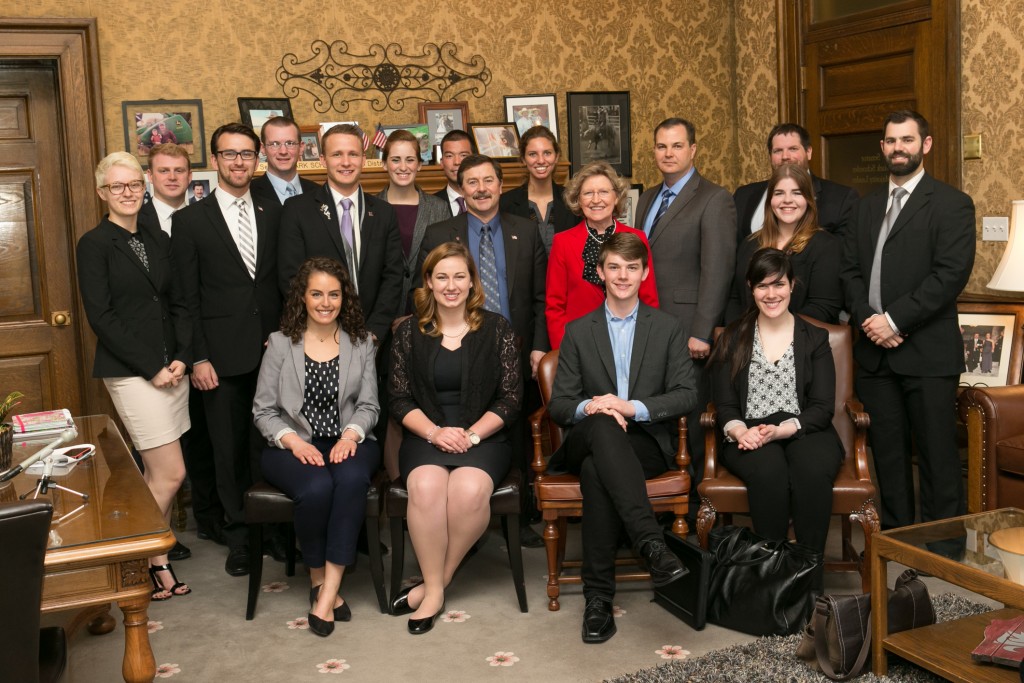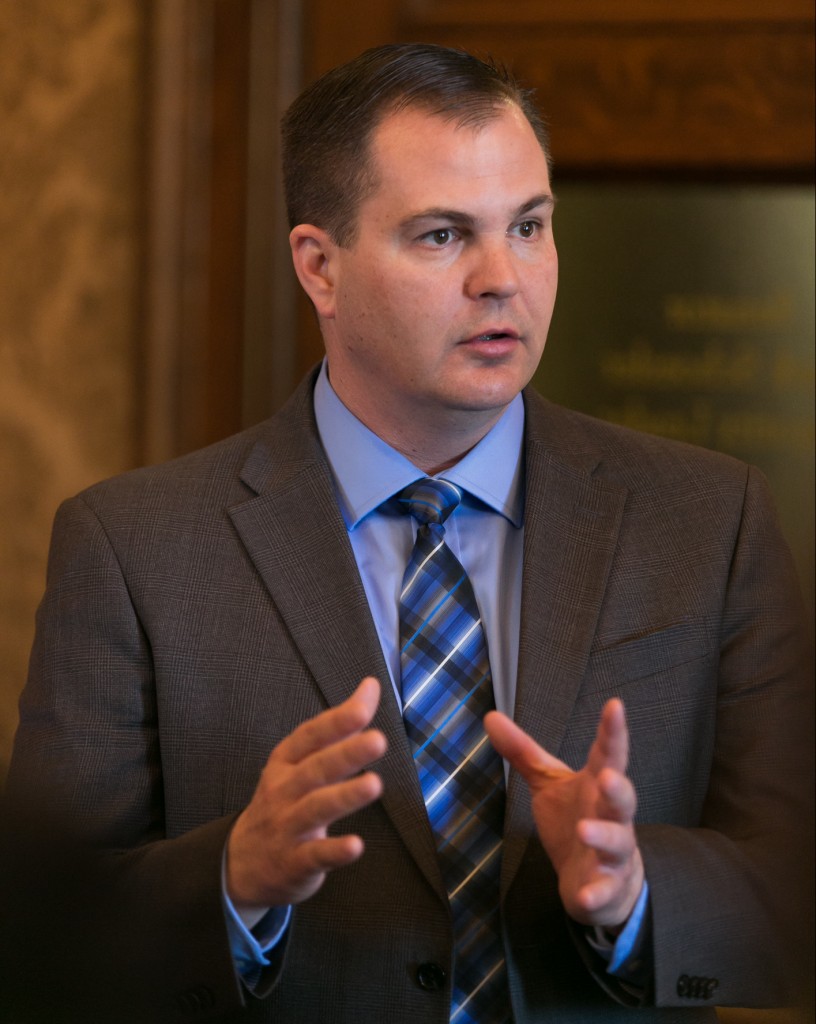Greetings Friends and Neighbors,
Thank you to everyone who participated in our recent telephone town-hall meeting. We had record participation this year of over 1,900, and we discussed a wide range of issues. Your input is invaluable as I work to represent you here in Olympia. The constituents who called into the town hall were very clear that with $3 billion more in revenue than expected, state government should live within its means and spending decisions should be prioritized.
Thank you for allowing me to serve as your state senator.
John Braun,
20th District Senator

Senate approves no-new-taxes budget that prioritizes education
The Senate passed a no-new-taxes budget that puts education first. Our state is projected to have $3 billion more in revenue over the next two years, so I do not believe we need to raise taxes. I am committed to spending taxpayer resources effectively and responsibly. The additional $3 billion is more than enough to meet our constitutional requirements to fund education and continue to provide essential services that protect the most vulnerable.
The Senate’s proposal invests an additional $1.3 billion toward basic education, cuts college tuition by 25 percent, and adds over $70 million for mental-health services, all without raising taxes on working families and small businesses.
With $3 billion more in projected revenue, I believe that we can meet the needs of state government and live within our means. You can visit here for more information on the Senate’s budget proposal.
Our Senate majority is committed to fiscal responsibility. Our budget prioritizes investing in education, protecting the vulnerable and providing tax relief to small businesses and families. Recent opinion polls suggest that voters in our state favor funding priorities of government such as education within existing revenue, and I agree. The Senate’s budget is balanced, makes wise use of your tax dollars by investing in education and includes no new taxes.
Once the House of Representatives approves a complete budget – which I will explain next – we will begin negotiations on a final budget. The good news is that our priorities are very similar but we have a lot of work to do to agree on how we fund those priorities.
House budget increases spending by 15 percent, requires huge tax increase
The House of Representatives approved the spending part of its budget proposal more than two weeks ago. It would increase state spending by 15 percent – or $5.2 billion – and rely on $1.5 billion in tax increases to balance. However, those tax increases, which include a volatile new capital-gains tax and an increase of taxes on small businesses, have yet to receive a vote even at the committee level.
Until the House majority approves the tax hikes needed to offset all that additional spending, its budget is only half-baked. Our Senate majority has approved a complete budget which is easier to do when you hold the line on taxes, as we do. The House must do the same before negotiations toward a final budget may begin. With the regular legislative session scheduled to end in a few short days on Sunday, April 26, the House’s delay in putting a proper budget on the table is already putting the Legislature at risk of going into a costly overtime session.
I cannot emphasize enough that state government is projected to bring in $3 billion more in revenue as a result of economic growth. The last thing the state should do is ask citizens to pay more taxes.
|















